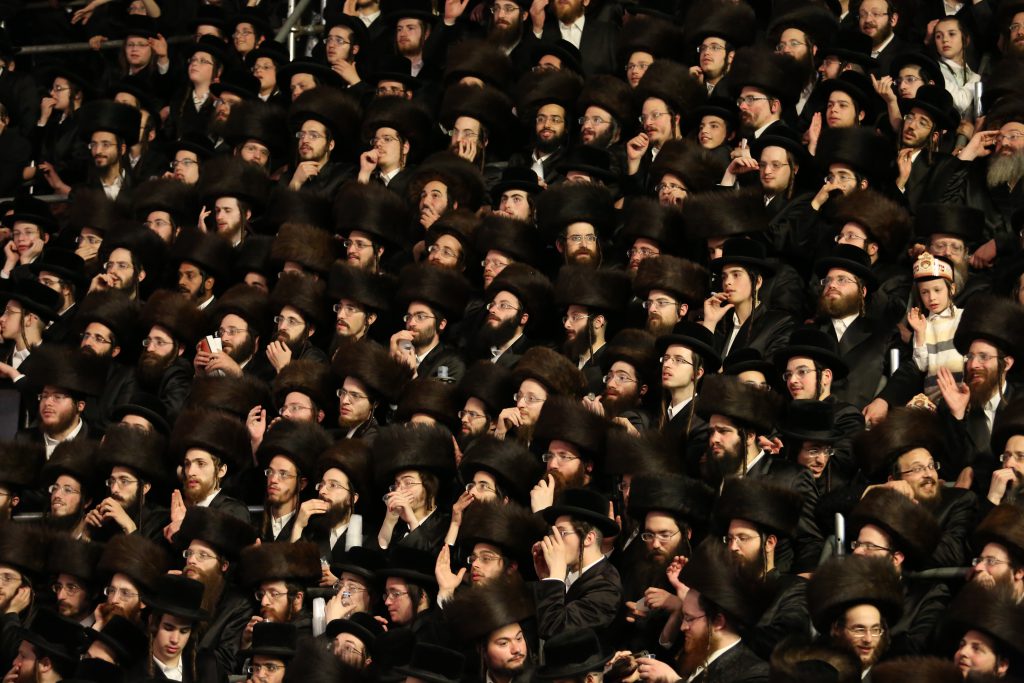49% of the Haredi public believes that the protests against the reform and the public uproar that followed harmed the integration of Haredi people in Israeli society, according to a special survey conducted by the Haredi Institute for Public Affairs for their conference on “The Judicial Reform from Haredi Perspective“. In the survey, conducted by the company “Direct Polls” among a representative sample of the Haredi society in Israel, an attempt was made to understand the effects of the judicial reform and the protests on the Haredi public. In addition, the survey examined whether, since the establishment of the government and the beginning of the protests, the hostility in the public sphere towards Haredi society has increased, what are the most important political issues for the Haredi public and whether the Haredi society is satisfied with the “automatic” association of their representatives in the Knesset with the right-wing coalition.
The survey data shows that 58% of the Haredi public think that since the establishment of the government and the beginning of the protests against the judicial reform, the attitude towards them in the public sphere has worsened. Also, 56% of the Haredi public who have a regular or random interactions with non-Haredi population claim that they have personally experienced hostility towards them. Despite all this, the absolute majority of the Haredi society finds the feeling of unity in Israeli society important (79%), and for the majority it is also important for the secular society to view the Haredi public favorably (74%).

Main Findings
Integration of Haredi people in Israeli society
42% of the Haredi public believes that the judicial reform and the public uproar that followed did not have a positive or negative effect on the issue of the integration of the Haredim into Israeli society and that the situation remains unchanged. In contrast, 49% think that the reform and the public uproar harmed integration, and 9% actually claim that the events contributed to the integration of the Haredim in Israeli society.

Seclusion versus involvement
42% of the Haredi public are in favor of increasing the involvement of Haredi in Israeli society, 36% are in favor of continuing to conduct themselves as they have been until today – this is compared to 22% who want to increase the separation from secular society.
Analysis by denominations gives a more precise picture. 39% of the Lithuanian current are in favor of increasing seclusion, 36% want to continue to be conducted as it has been until today and 25% are in favor of increasing involvement in Israeli society. Among the Hassidic, 27% are in favor of increasing seclusion, 46% are in favor of continuing with the existing situation and 27% are in favor of increasing involvement. Among Sephardic, 15% are in favor of increasing seclusion, 36% support the continuation of the existing situation and 49% are in favor of increasing involvement.

The importance of the sense of unity in Israeli society
For the absolute majority of the Haredi public (79%) the sense of unity in Israeli society is important, compared to 10% who did not indicate the importance of the issue and 12% who stated that this is not important to them.
When segmented by denomination, 63% of the Hassidic value the sense of unity in Israeli society, as well as 85% of the Sephardi public, 74% of the Lithuanian public and 95% in the Ba’alei Teshuva public.
Surprisingly, among the Hassidic denomination, the lowest rate of answers that considered unity in Israeli society important was recorded, with 21% of them stating that unity is not important at all or almost not important. This compares to 12% among the Lithuanian, 9% among the Sephardi and 5% among Ba’alei Teshuva.
At the same time, for 74% of Haredi society, it is important that secular society looks upon them favorably. Among the Sephardi denomination, the rate was particularly high compared to the other currents, with 82% of them considering it important, compared to 67% among the Lithuanians and Hassidic, and 76% among the Ba’alei Teshuva.

Hostility towards Haredi people in the public sphere
58% of the Haredi public believes that since the establishment of the government and the beginning of the protests against the reform, the attitude towards Haredi society in the public sphere has worsened. 30% claim that relations remained unchanged and 11% think that relations actually improved.
When segmented by denomination, it seems that among the public from the Lithuanian public the perception that the attitude towards Haredi society has worsened is more prevalent (74%), compared to the Hassidic people (51%), the Sephardi people (53%) and the Ba’alei Teshuva (52%).
On the other hand, 46% of Hassidic people feel that the attitude towards Haredi society in the public sphere remains unchanged, compared to 21% of Lithuanians, 33% of Sephardi people and 19% of Ba’alei Teshuva.
No significant differences were found between those who live in a Haredi city and a mixed city.

Hostility on a personal level
72% of the Haredi society has not personally experienced hostility directed towards them for being Haredi since the establishment of the government, compared to 28% who stated that they had experienced hostility on a personal level.
The survey also examined the level of hostility experienced by Haredi who have frequent or random interactions with secular society on a daily basis, as well as among Haredi men who have entered the labor market or are studying vocational studies. The survey shows that 56% of those who study vocational studies or come into frequent or random contact with non-Haredi society have personally experienced hostility.

The most important issues that the government must address
Judicial reform is at the top of the list of issues that the Haredi public want the government to address and resolve. 43% placed judicial reform in first place among a variety of issues on the agenda.
The cost of living is only in second place (32%), the Draft agreement in third place (13%), the housing crisis in fourth place (5%) and other issues such as security and free preschool education were pushed aside.

Partnership with the right-wing coalition
To the question of how the public protest affected your position regarding the “automatic” partnership of the Haredi parties with the right-wing coalition, 22% of the Haredi answered that the protest weakened their support for the partnership, this compared to 53% who answered that their support only strengthened and 25% that their position on the issue has not changed.
When segmented by denomination, 32% of Lithuanians stated that their position regarding the “automatic” partnership of the Haredi parties with the right-wing coalition has weakened, this compared to only 19% of the Hassidic and 14% of the Sephardi.
Another interesting statistic emerged among families where the husband is studying vocational studies. 44% of them replied that their position had weakened in regard to the “automatic” partnership with the right-wing coalition, compared to 38% that their support had strengthened and 19% who replied that their position was not affected.

The survey was carried out by “Direct Polls Ltd” through Mr. Shlomo Filber for the Haredi Institute for Public Affairs.
Survey execution date: May 9, 2023
Sample size: 420 sampled adults (18+ years old) who are a representative sample of Haredi society in Israel.
Sampling error: -/+4.8% at 95% probability.


